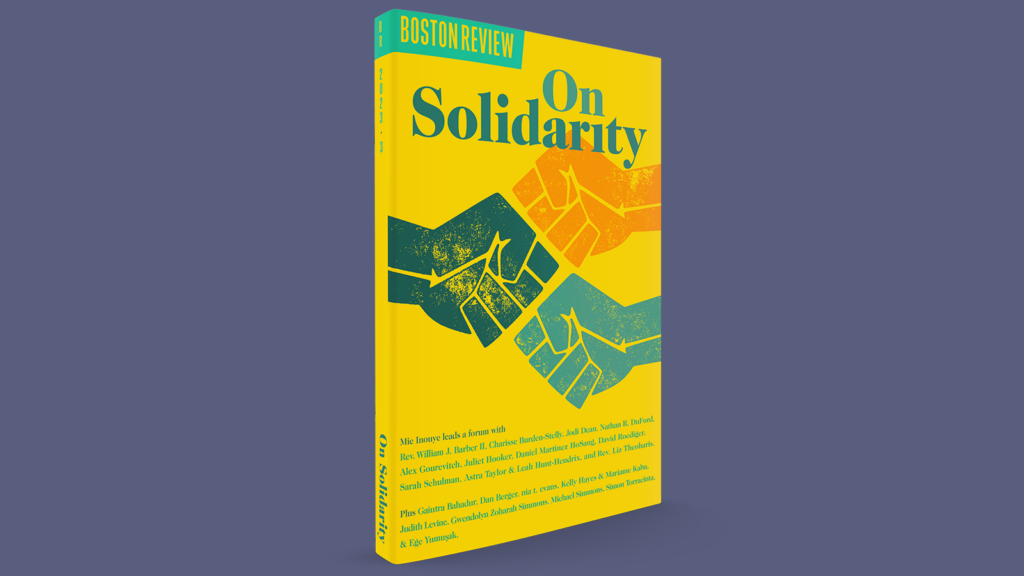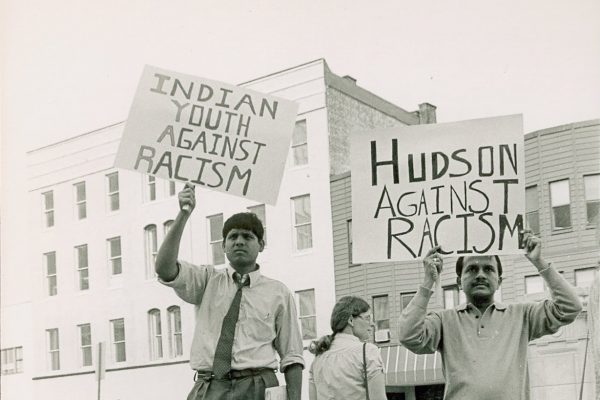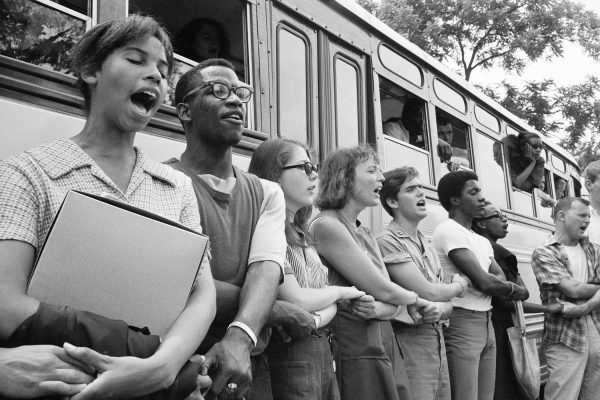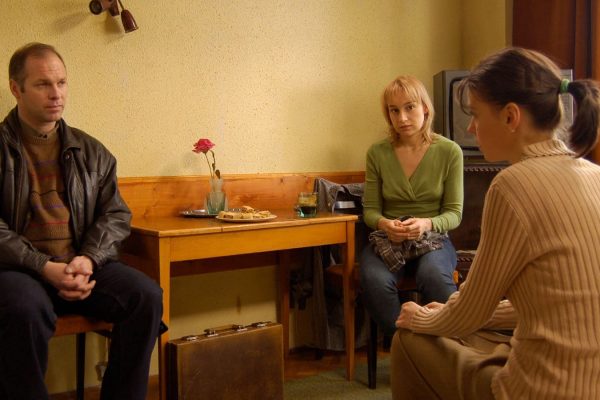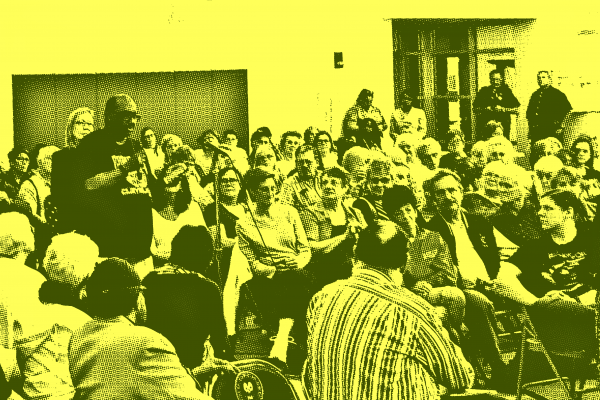On Solidarity
Organizer and political theorist Mie Inouye leads a forum on obstacles to collective action today. At a moment of fractious debate about the role of race and class in movement building, she makes the case for maintaining solidarity through conflict in durable institutions over time, none of which is possible without the hard work of good organizing. With responses from eleven activists and theorists—from Rev. William J. Barber II, Astra Taylor, and Jodi Dean to Charisse Burden-Stelly, David Roediger, and Juliet Hooker—the forum helps us think about what solidarity is and what it requires.
Also in this volume, Judith Levine considers how films have portrayed solidarity among women in the face of abortion restrictions, Gaiutra Bahadur suggests terrain for Black-Asian solidarities, Simon Torracinta shows how a basic income can pave the way to a more solidaristic society, and Mariame Kaba, Kelly Hayes, and Dan Berger offer key lessons from the world of organizing.
Editor’s Note
Deborah Chasman & Matt Lord
Also in this issue:
In Rules to Win By, Jane McAlevey and Abby Lawlor reject backroom dealmaking. Rank-and-file workers are going even further.
On violence and the possibility of solidarities in America.
A conversation with Dan Berger and veteran activists Zoharah Simmons and Michael Simmons on the origins of Black Power and the work of coalition building.
Far from spelling the end of anti-market politics, basic income proposals are one place where it can and has flourished.
A long line of films tracks the solidarities that arise when prohibition makes friendship too perilous.
Movement building requires a culture of listening—not mastery of the right language.
